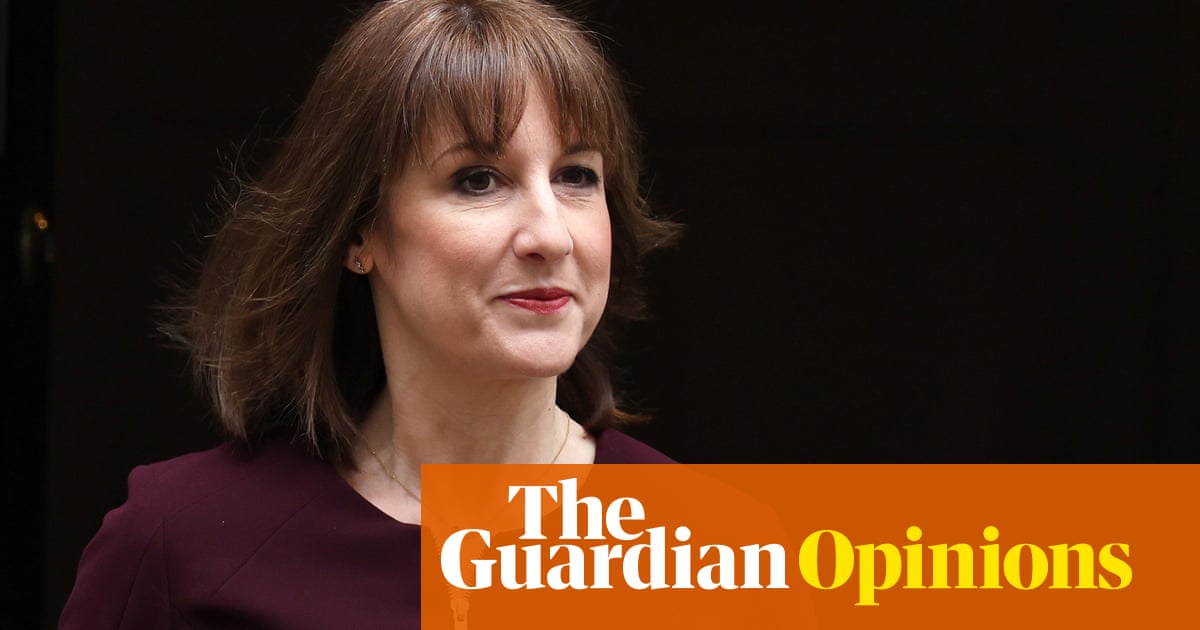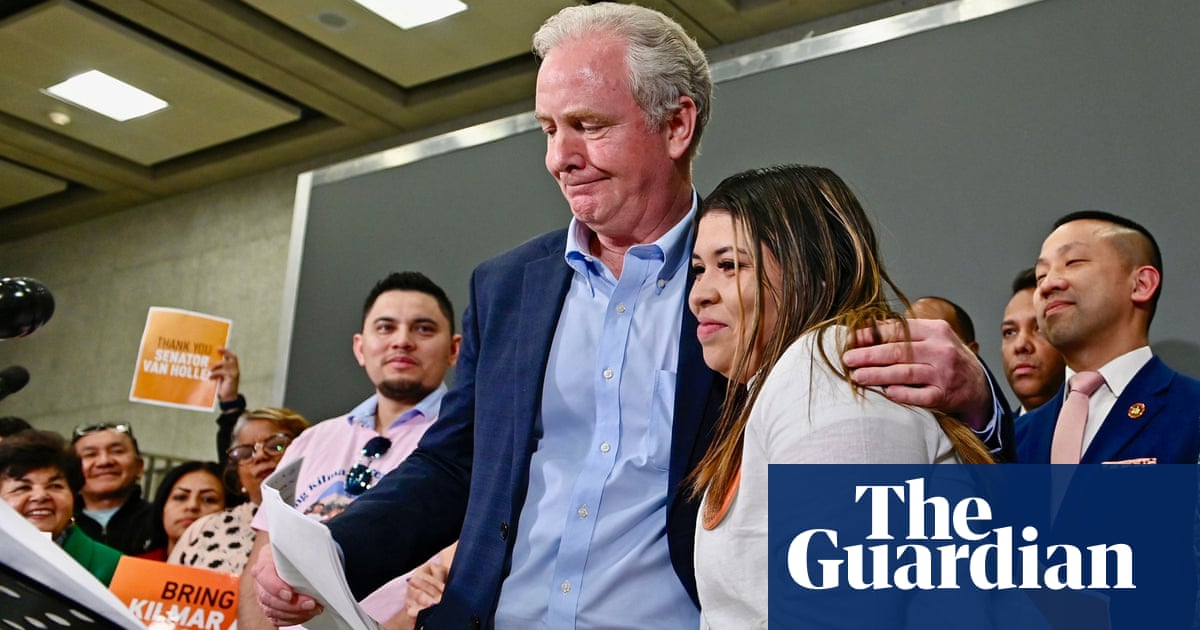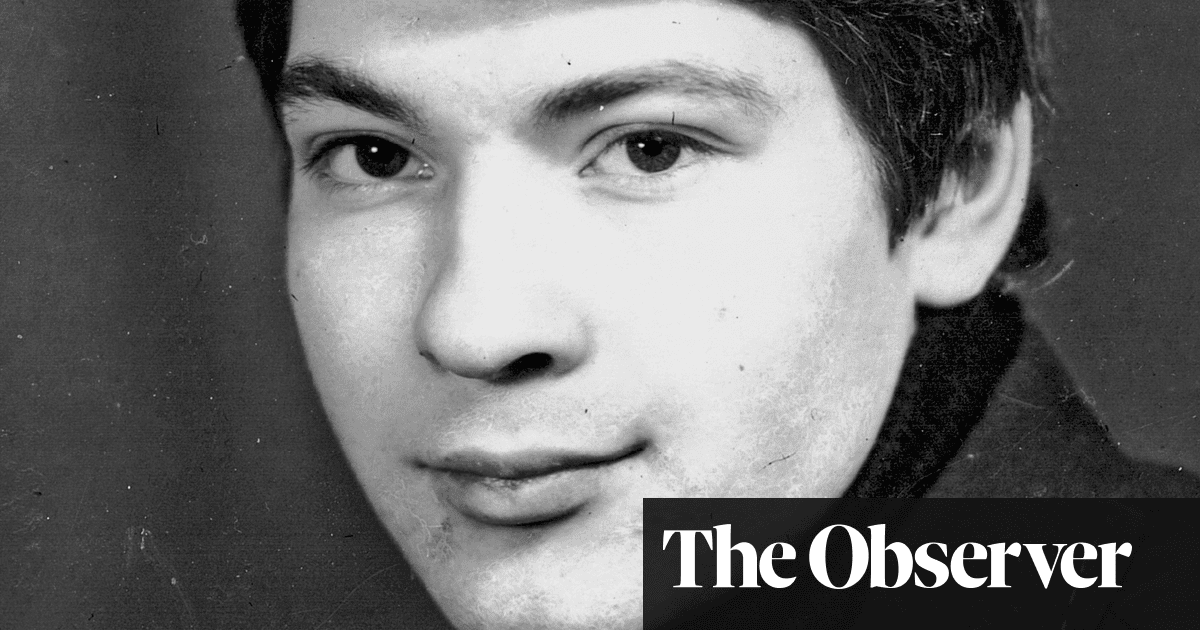The announcement of a new commission on social care has been met with an audible sigh from commentators, family carers and people needing care and support (Ministers plan biggest shake-up of adult social care in England for decades, 3 January). We’ve all been here before, built up expectations of reform and dared to hope things would change, only to face disappointment through the inaction of successive governments. There is little to inspire confidence that this time will be different. But could it be?
The appointment of Louise Casey to chair the commission is to be welcomed – she has a track record of cutting through the weeds and delivering unequivocal conclusions and recommendations. But it’s a massive challenge given the repeated failures of past commissions and policy endeavour. The timetable for the commission is confused and poorly communicated – an interim report within a year and a final report in three is simply too long and suggests a lack of political urgency.
Wes Streeting, the health secretary, needs to shift his framing of “the crisis”. The presentation of social care as a “burden” on society and the NHS is unhelpful and demeaning. He denounces past failures to address reform as “a lack of good politics”, and then demonstrates a capacity to be tone deaf to the values and principles that must underpin social care. Reform is needed for many reasons, but the most important is the dignity and quality of life of people of all ages needing care and support to live their lives. Streeting believes this is the time to finally “grasp this nettle” and “the best is yet to come”; but it will need far more than trite buzzwords to develop the vision and deliver a new Beveridge for our time.
Dr Melanie Henwood
Hartwell, Northamptonshire
I welcome the establishment of a task force led by Louise Casey. I worked in the NHS as a general nurse, mental health nurse and health visitor, and in social care as an inspector of care services. Until retirement, I was chief inspector of social services in Ireland, with a PhD in social policy on the quality of care of older people. I suggest that social care should be the umbrella body, with community health, hospital health, mental health, public health, housing, social security, and environmental health stemming from it. This is why: social care looks at people holistically, whereas the NHS looks at parts of you.
If you have a lung complaint, the NHS looks at the lungs. But if you live in damp housing, treating the respiratory system alone isn’t going to resolve the causation. People who have chronic pain get pain relief, but the pain often prevents them from sleeping. If you focus on treating sleeplessness, they can manage their pain better.
Establishing social care as a one-stop shop will save money in the longer term as holistic care will save everyone from having to trudge from one appointment to the next, because they will be seen as a whole person, not just a body part gone wrong.
Dr Marion Witton
London
I remember when studying A-level history that if we discussed an issue too tricky for a government to handle, our teacher would conclude by saying: “So what do governments do when they want to kick something into the long grass?” We would respond with the chorus: “Set up a royal commission!” Plus ça change …
Mike Smith
Hythe, Hampshire

.png) 3 months ago
30
3 months ago
30













































